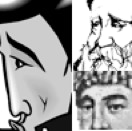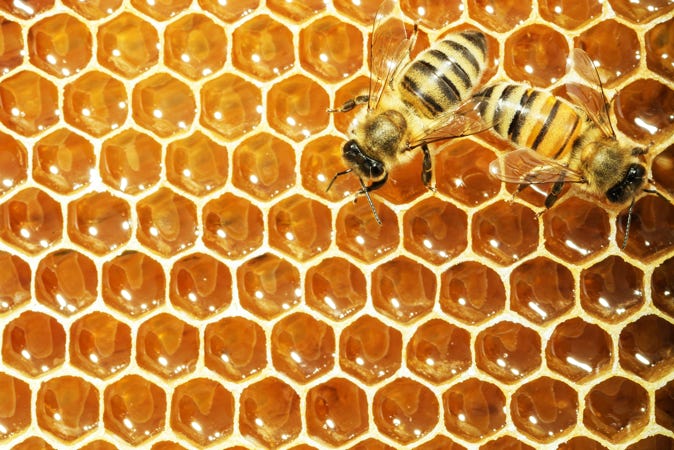
RASHI, RAMBAM and RAMALAMADINGDONG
A Quizbook of Jewish Trivia Facts & Fun

A Quizbook of Jewish Trivia Facts & Fun
For the first time, Asian giant hornets have been identified in America, having been found in the state of Washington, as well as in British Columbia. The hornets, which can grow up to two inches in length, can kill human beings, and can devastate bee colonies. With honey bee populations already threatened by pesticides and climate change, the hornets could lead to a further decline, negatively impacting all plants that depend on bee pollination. Honey holds a significant place in Jewish tradition, most prominently at Rosh Hashanah when we dip apples in honey for a sweet new year. There was a question as to whether honey is actually kosher. The Mishna says in Tractate Bechorot, “That which comes from something which is Tameh [non-Kosher] is Tameh, and that which comes of that which is Tahor [Kosher] is Tahor.” Therefore, for example, camel’s milk and stork eggs are not kosher as camels and storks are not kosher animals. Why is honey kosher, when the bees which produce it are not kosher?
Honeycomb and bees by Robert Schmidt is in the public domain
A. Numerous times in the Torah the land of Israel is referred to by God as a land flowing with milk and honey, first in Exodus, Chapter 3 Verse 8, “I have come down to rescue them from the Egyptians and to bring them out of that land to a good and spacious land, a land flowing with milk and honey.” Therefore, the rabbis ruled that God would not have used this phrase if honey were a non-kosher product.
B. The rabbis ruled that honey is kosher because they believed that bees did not produce honey, but only stored and transported it. The fact is that the rabbis are wrong, and bees do produce honey. But that knowledge has not changed the ruling that honey is kosher.
C. The Hebrew word for honey is d’vash. Using the system of gematria, wherein the numerical value of words is calculated and interpreted, the rabbis noted that the value of d’vash is 306. The word isha, meaning woman, also has the value of 306. Referencing the line from Genesis, Chapter 2, Verse 22, “And the rib, which the Lord God had taken from man, made He a woman, and brought her unto the man,” the rabbis noted that just as God brought woman to man, so too did He bring honey to man; therefore it must be a kosher product.
D. A quote in Tractate Bechorot says, “It is a land of wheat, barley, grapes, figs and pomegranates–a land of olives and honey.” From this, the rabbis defined honey as the sweet syrup of such fruits, rather than the product from bees. Over time, the designation of “fruit honeys” as kosher was extended to all forms of honey.
E. Honey was considered to be non-kosher until a famous rabbi, Reb Winnie, known as the Pooh-Bear Rebbe, noted that “The only reason for being a bee that I know of is making honey....and the only reason for making honey is so I can eat it.”
✡ ✡ ✡ ✡ ✡ ✡ ✡ ✡ ✡

© 2025 MMJZ Services, Inc.